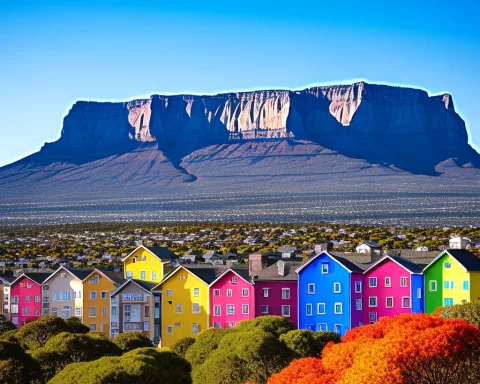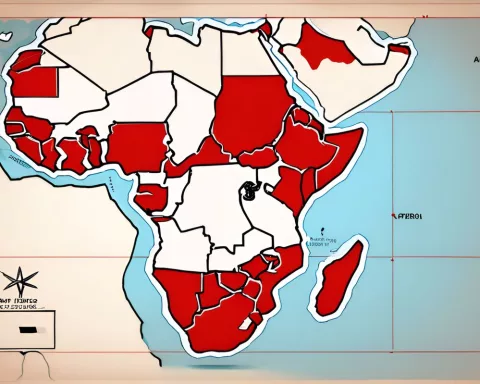The Covid-19 pandemic has given rise to a new trend in the workforce: digital nomads. As traditional office jobs have transformed into remote work, it has become easier for employees to balance work and travel. One area that has emerged as a popular destination for digital nomads is Africa, which offers a unique fusion of cultural experiences and breathtaking landscapes alongside remote work opportunities.
The Top African Destinations for Digital Nomads
A recent study by Resume.io identified the top ten African destinations for digital nomads by analyzing a sample of 25,976 Instagram posts featuring the #digitalnomad hashtag. The study ensured that no spam accounts or bots were included by examining the geotag or captions within the posts.
Cape Town, South Africa, takes the lead as the top destination for digital nomads, with 9,428 posts. Its pristine mountains, glistening beaches, and vibrant culinary scene make it the perfect backdrop for both work and leisure. Marrakech, Morocco, and Nairobi, Kenya, come in at second and third place with 4,482 and 2,009 estimated digital nomad posts, respectively.
Here is the full list of top ten African destinations for digital nomads:
- Cape Town, South Africa
- Marrakech, Morocco
- Nairobi, Kenya
- Lagos, Nigeria
- Cairo, Egypt
- Johannesburg, South Africa
- Durban, South Africa
- Casablanca, Morocco
- Tunis, Tunisia
- Addis Ababa, Ethiopia
The Growing Relevance of Africa in the Remote Work Landscape
The prominence of these cities as digital nomad hotspots reflects Africa’s growing relevance in the global remote work landscape. Furthermore, the continent’s diverse range of locales caters to various preferences, offering a bustling urban atmosphere in Lagos, Nigeria, or a picturesque coastal city in Durban, South Africa.
Africa: An Enticing Destination for Digital Nomads
As remote work continues to gain momentum, Africa is positioning itself as an enticing destination for digital nomads. The continent offers a unique opportunity for remote workers to immerse themselves in its vibrant cultures, explore its beautiful landscapes, and contribute to its economic growth. The rise of digital nomadism in Africa highlights the evolving nature of work, signaling a shift towards a more flexible, enriching, and globally connected future.












